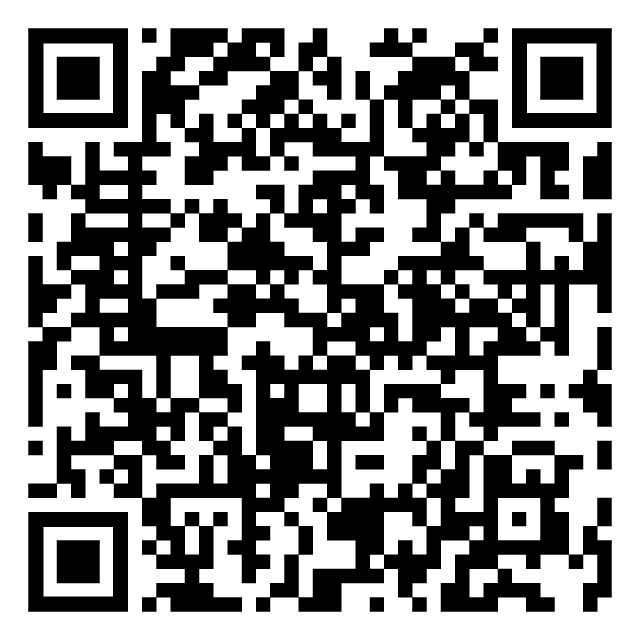Use of a third-party trademark in Adwords
A recent ruling of the Federal Courts of Appela has once again brought to discussion whether it is legal or not to use others’ trademarks as keywords on Internet advertising.
Open Discovery S.A. hired Google´s sponsored links service using the plaintiff´s trademark “Veraz” as keyword. Thus, the person searching for Organización Veraz in Google who entered the word “Veraz” was firstly displayed targeted advertising known as “sponsored link” from its competitor, Open Discovery.
As it is known and the ruling remembers, there are two results when a person carries out a search on Internet with the help of a search engine such as Google. The first one is the so-called “natural” result that is the result that appears when the search engine shows the sites that seem to fit the word or words typed by the person in the search box. The second one is a paid service which allows companies hiring said service to select one or several keywords so that, if they match the words entered in the search engine, a promotional link from the website of said company is displayed. Those are the “sponsored links”.
In this context, Organización Veraz sued Open Discovery S.A. requesting that it be ordered to cease the use of the trademarks VERAZ, ORGANIZACIÓN VERAZ and other signs such as VERAS, BERAZ or BERAS because they may lead to confusion with its trademark VERAZ on Internet advertising through the Google Adwords system and to pay damages. It claimed that its trademark VERAZ is a notorious trademark in the field of business reports.
On its part, when answering the complaint, Open Discovery affirmed that the use of others’ marks to advertise on internal platforms such as Google Adwords does not constitute an undue use of the trademark. Moreover, it denied the notorious nature of the trademark VERAZ arguing that it is a “weak” trademark on which the plaintiff could not claim a monopoly.
The first instance judgment upheld the complaint and ordered Open Discovery to cease the use of the trademark VERAZ and other confusing signs, and to pay damages. In order to determine the amount of the claimed damages, the judge took into account the number of clicks made by users in the ads when using the plaintiff’s trademarks as keyword in accordance with a computer forensics performed during the lawsuit. Considering that only a percentage of the clicks would have hired the service, the judge prudently estimated in $ 35,000 the amount of the compensation.
Both parties appealed the decision.
The Court of Appeals, after remembering that the legality of the use of others’ trademarks as keywords has been an issue discussed by the legal text writers and that there are authorized opinions both, in favor and against, analyzed the US and European case-law, in particular, the well-known ruling of the European Court of Justice in the case Interflora Inc. v. Marks & Spencer, as a way of doctrinal support, in the knowledge that the issue had to be decided in light of Argentine legislation.
Thus, the Court of Appeals concluded that the trademark VERAZ is a well-known trademark, which must be protected from dilution and parasitism, and considered that the defendant company used the plaintiff’s trademark as a keyword in Google AdWords with the only purpose of profiting from its prestige and reputation since, in doing so, the defendant was guaranteed access to a portfolio of customers with a minimum cost of investment and commercial effort.
It warned that nothing prevents a dealer from using Google AdWords to promote its products and place them as sponsored links near the natural results of the searches in which its competitors appear, being able to choose from hundreds of keywords, but it is something different to use a competitor’s trademark and take advantage of the drive that its notoriety provides. This is absolutely unfair and contrary to commercial good faith.
The ruling considers it apparent (coincidently with the criteria adopted by the US judgments and by the judgments of the European Court of Justice) that the use of other’s trademark as a keyword, in particular that of a competitor, constitutes “use in commerce” or “use in the course of trade” and that the defendant sought to attract customers and divert them in its favor with this use.
Thus, the ruling concluded that, in addition to making undue use of another´s trademark, the defendant incurred in unfair competition.
Finally, the ruling increased the compensation for damages considerably, in view of the report prepared by an expert accountant based on the data provided by Google as to the number of print-outs and clicks achieved by the defendant from the sponsored links, discarding the position of the first instance judge who only considered a percentage of said clicks, but without providing the reasons therefor. Accordingly, the defendant was ordered to pay the sum of $ 3,336,000 to Organización Veraz S.A.
This decision is in line with an earlier ruling issued by Panel I of the Federal Court of Appeals (re: Nike International v. DeRemate.com) which had addressed the issue of AdWords in a similar sense, although in that case, the factual circumstances were different because the trademark owner sued an Internet sales platform.
It must eventually be said that the ruling has been object of an extraordinary appeal which has not yet been decided.













